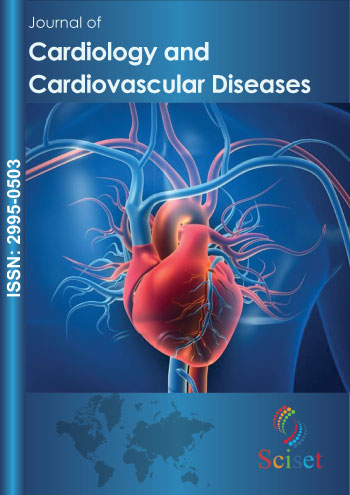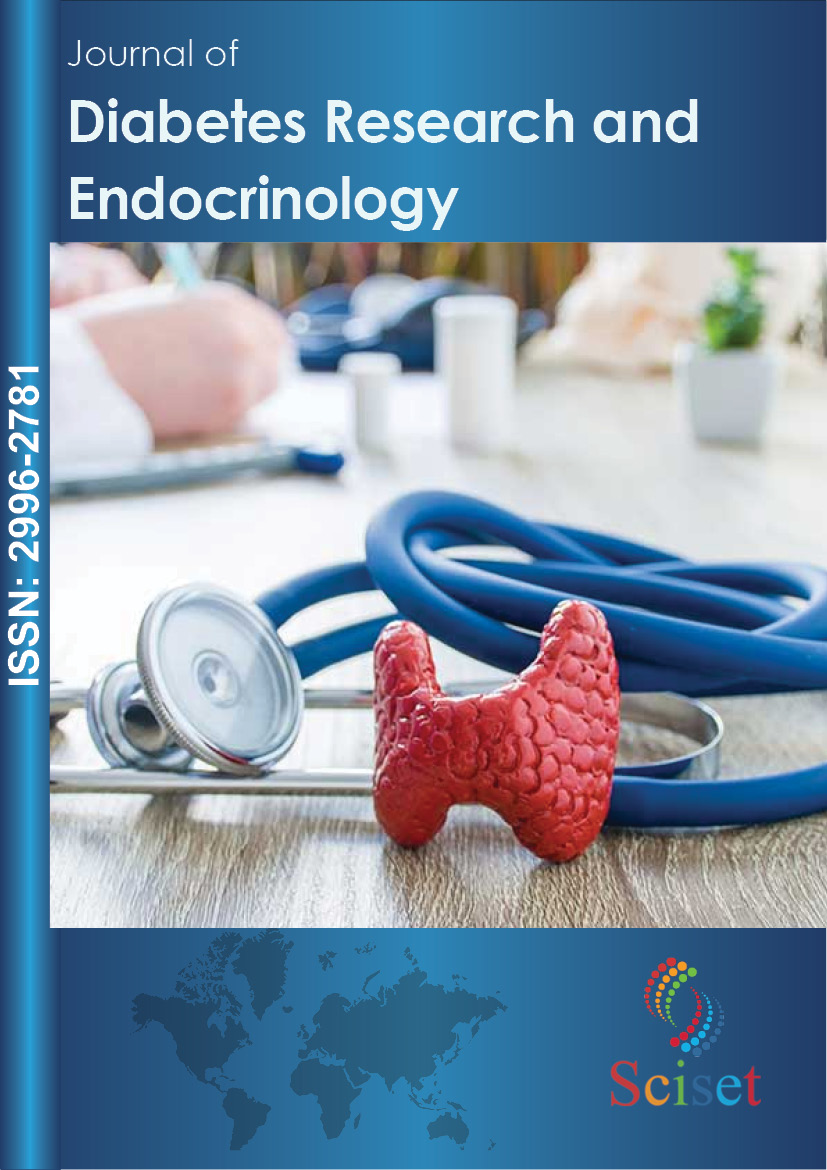- Open-Access Publishing
- Quality and Potential Expertise
- Flexible Online Submission
- Affordable Publication Charges
- Expertise Editorial Board Members
- 3 Week Fast-track Peer Review
- Global Visibility of Published Articles
Metastatic Malignant Melanoma of the Gastrointestinal Tract: A Review
Division of Nephrology and Hypertension, Mayo Clinic College of Medicine, Rochester, MN 55905, USA
Keywords
Malignant Melanoma; Gastrointestinal Tract: Metastasis
Abstract
Malignant melanoma ranks among the most prevalent malignancies linked to gastrointestinal (GI) involvement, typically presenting clinically in advanced stages. Surgical intervention is often recommended as a palliative measure for GI metastases.
This case involves a 67-year-old male diagnosed with malignant melanoma seven months prior, who presented with burning epigastric pain and bloating. Esophagogastroduodenoscopy revealed multiple flat lesions, with biopsy results consistent with malignant melanoma.
Given malignant melanoma's propensity for early metastasis and its associated high mortality rate, comprehensive evaluation and management are crucial. As gastrointestinal involvement becomes increasingly recognized in metastatic workups, esophagogastroduodenoscopy emerges as a vital diagnostic tool, influencing treatment decisions and patient outcomes. While gastric metastases remain rare, the inclusion of upper endoscopy is imperative, particularly in symptomatic individuals, to effectively rule out metastatic disease.
Malignant melanoma ranks among the most prevalent malignancies linked to gastrointestinal (GI) involvement, typically presenting clinically in advanced stages. Surgical intervention is often recommended as a palliative measure for GI metastases.
This case involves a 67-year-old male diagnosed with malignant melanoma seven months prior, who presented with burning epigastric pain and bloating. Esophagogastroduodenoscopy revealed multiple flat lesions, with biopsy results consistent with malignant melanoma.
Given malignant melanoma's propensity for early metastasis and its associated high mortality rate, comprehensive evaluation and management are crucial.
As gastrointestinal involvement becomes increasingly recognized in metastatic workups, esophagogastroduodenoscopy emerges as a vital diagnostic tool, influencing treatment decisions and patient outcomes. While gastric metastases remain rare, the inclusion of upper endoscopy is imperative, particularly in symptomatic individuals, to effectively rule out metastatic disease.
1. Liang K V, Sanderson S O, Nowakowski G S, Arora A S. (2006) Metastatic malignant melanoma of the gastrointestinal tract. Mayo Clin Proc. 81(4), 511-6.
2. Simons M, Ferreira J, Meunier R, Moss S. (2016) Primary versus Metastatic Gastrointestinal Melanoma: A Rare Case and Review of Current Literature. Case Rep Gastrointest Med. 2306180.
3. El-Sourani N, Troja A, Raab H R, Antolovic D. (2014) Gastric Metastasis of Malignant Melanoma: Report of a Case and Review of Available Literature. Viszeralmedizin. 30(4), 273-5.
4. Wong K, Serafi S W, Bhatia A S, Ibarra I, Allen E A.Melanoma with gastric metastases. , J Community Hosp Intern MedPerspect 6(4), 31972.
5. Augustyn A, de Leon ED, Yopp A C. (2015) Primary gastric melanoma: case report of a rare malignancy. RareTumors. 7(1), 5683.
6. Genova P, Sorce M, Cabibi D, Genova G, Gebbia V et al. (2017) Gastric and Rectal Metastases from Malignant Melanoma Presenting with Hypochromic Anemia and Treated with Immunotherapy. Case Rep Oncol Med. 2079068.
7. Alghisi F, Crispino P, Cocco A, Richetta A G, Nardi F et al. (2008) Morphologically and immunohistochemically undifferentiated gastric neoplasia in a patient with multiple metastatic malignant melanomas: a case report. J Med Case Rep. 2, 1






